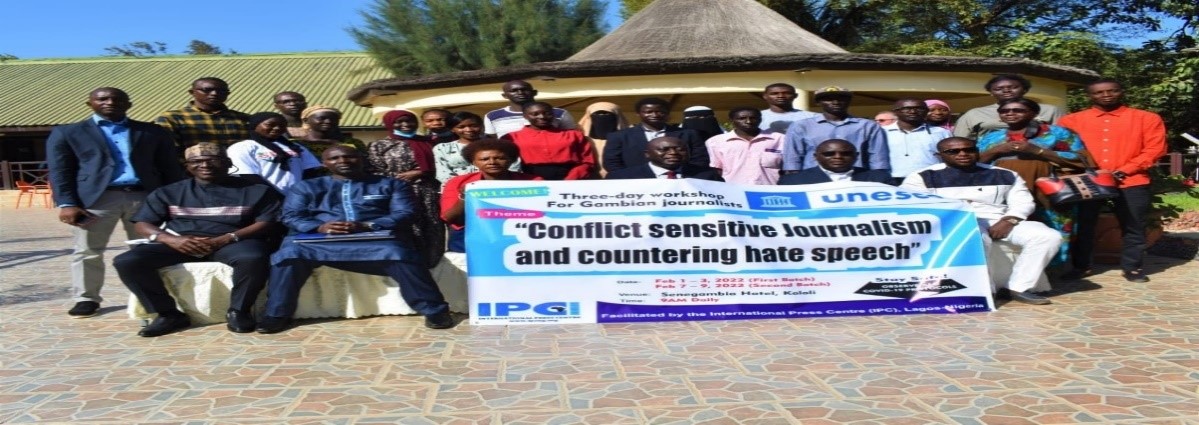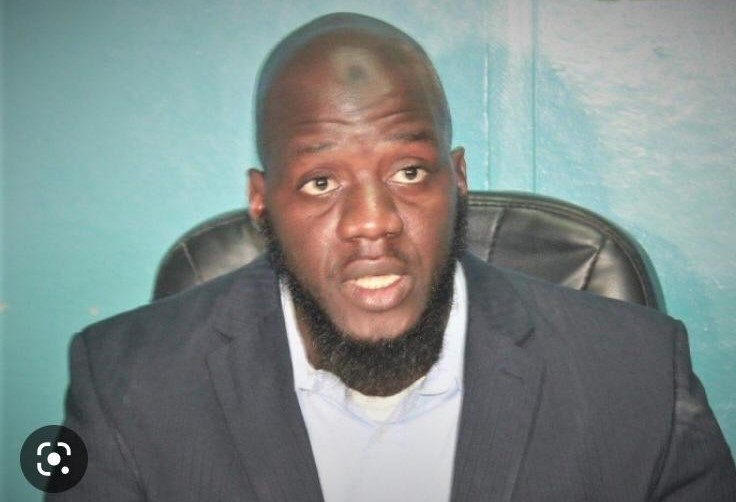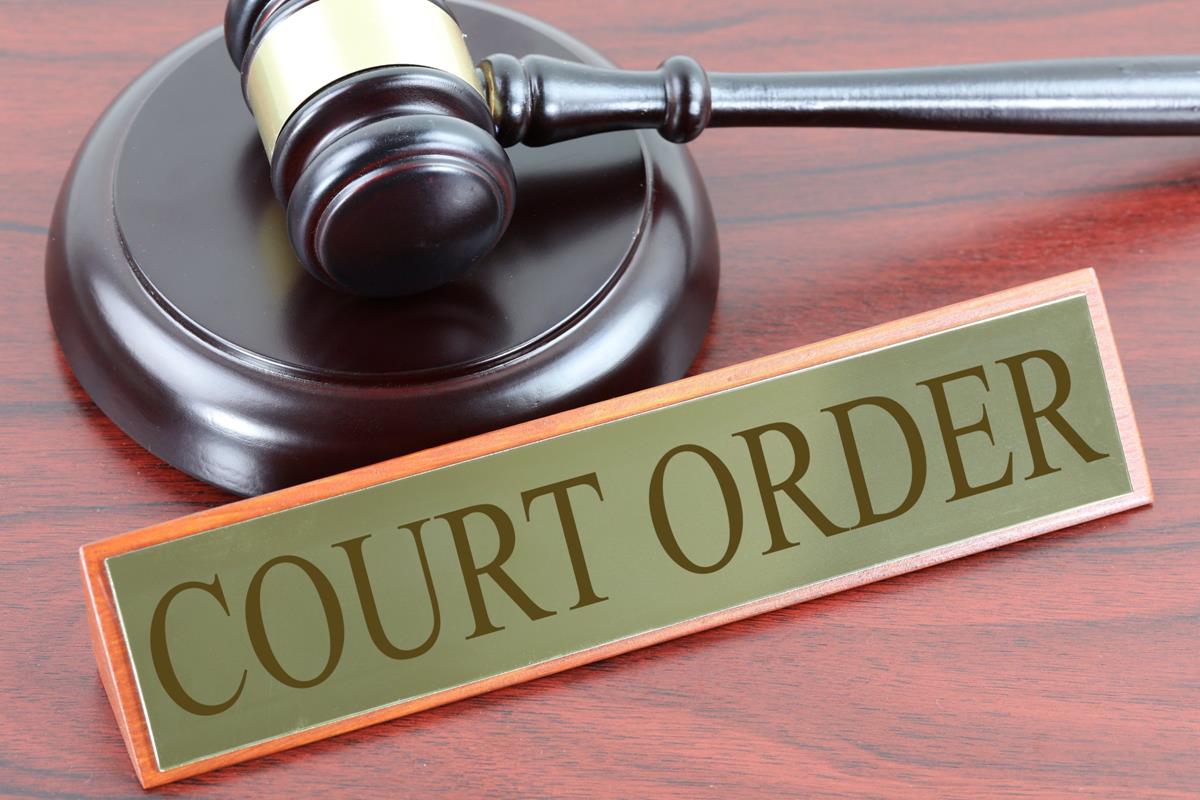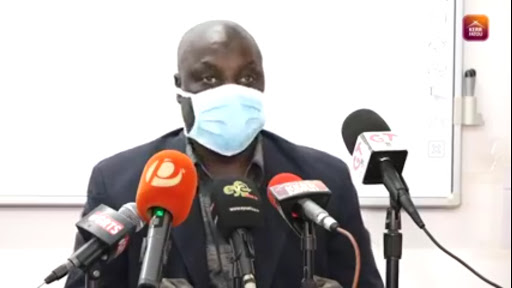By: Mariama Njie
Muhammed S Bah, President of The Gambia Press Union, has urged journalists to help in countering hate speech.
Mr Bah was speaking during conflict sensitive reporting training attended by 50 Gambian journalists drawn from print, online, radio, and television houses, held at the Senegambia hotel. The training was organized by the International Press Centre Nigeria and funded by UNESCO regional office in Dakar Senegal.
He described the training as timely adding “we are approaching the National Assembly Elections which is slated for April 9th, 2022, I believe the media have more work to do in ensuring that hate Speech is countered and also making sure there is continuous fact- checking throughout the electoral process.”
Lanre Arogundade, executive director International Press Centre said the training aimed to help in hate speech, describing it necessary.
According to him, across and within African boundaries, there seems to be renewed explosion of multi-dimensional conflicts including but not limited to insurgencies, religious extremism, terrorism, banditry, coups and counter coups.
“These conflicts not only pose major threats to peaceful coexistence among the people and indeed the survival of democracy and the sustenance of democratic values, they also sometimes constitute impediments to press freedom, media independence, freedom of expression and the exercise of journalistic rights,” he said
The problem of hate speech has also been exacerbated by the unwelcome phenomenon of fake news which often comes through the twin-channel of disinformation and misinformation. During the training, journalists were exposed to various means by which they can improve their conflict sensitivity in reporting democratic governance issues and the associated conflicts while avoiding the slippery terrain of hate speech.
Seraphine Wakana, UN Resident Coordinator to The Gambia, said the training is being carried out within the framework of a broader project financed by the UN Secretary-General’s Peacebuilding Fund that aims to encourage young women and men to play active roles in ensuring peaceful democratic processes and to be advocates for the prevention of violence and hate speech.
“This training is designed to establish the foundations and imperatives of conflict-sensitive reporting and to clarify the frameworks, tools, techniques, and steps of conflict sensitive journalism,” she added.





